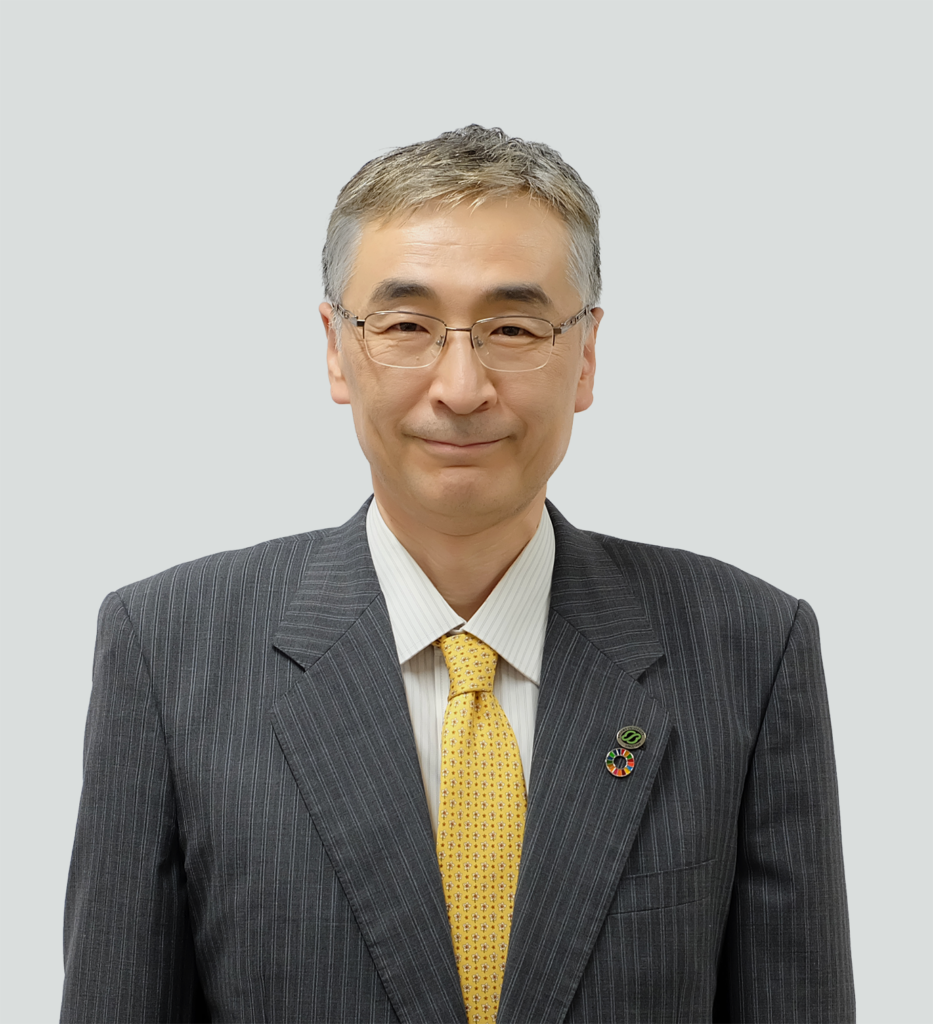
Thank you for visiting the website of the Faculty of Agriculture and the Graduate School of Agriculture, Kagawa University. The Faculty of Agriculture has a rich history that traces its roots to the “Kida County Agricultural School” founded in 1903. Over the years, it has undergone several transformations, including the “Kida Agricultural and Forestry School” and the “Kagawa Prefectural College of Agricultural Science”. Today, it stands as the modern-day Faculty of Agriculture and Graduate School of Agriculture. The year 2023 marks the 120th anniversary. In July of 2023, a celebratory ceremony was held on the campus of the Faculty of Agriculture. Numerous attendees graced the occasion, including esteemed guests, such Mr. Ito, the Mayor of Miki-town, and Mr. Yodoya, the Director of Education for Kagawa Prefecture. The event also welcomed alumni, with Mr. Iwata, the President of the Ikenobekai Alumni Association in attendance, as well as Professor Kakehi, the President of Kagawa University, faculty members and current students. This gathering provided a valuable opportunity to commemorate 120 years educational and research history.
More information: https://www.ag.kagawa-u.ac.jp/120th/
Over its long 120-year history, the faculty has produced more than ten thousand graduates into society. This history and tradition still carry on today but have evolved in line with the times to become the current education system of the Faculty of Agriculture and Graduate School of Agriculture. I would like to introduce the characteristics of the education conducted at the Faculty of Agriculture and the research conducted at the Graduate School of Agriculture.
In the undergraduate education, first-year students receive a common fundamental education in agricultural sciences. In the second year, students choose the course to study from the following five courses: Advanced Life Science, Biological Production Science, Field Science in Environment, Biomolecular Chemistry and Food Science, to learn specialized knowledge and skills. In the third year, students select a laboratory and begin their research activities, but motivated students can start their research activities in a laboratory from first year. In fourth year, students concentrate on their research project and graduate thesis and decide whether to go on to graduate studies or join the workforce.
International education is another strong feature of our education system. The Faculty of Agriculture offers more English-related subjects, such as ‘Scientific English’, ‘International English Exercise’, ‘Basic Biology’ and ‘Basic Chemistry’, than any other Faculty of Agriculture at Japanese National Universities. Beginning in 2024, a new subject called ‘International Presentation: Thesis’ will be offered to fourth-year students. Students will develop the academic and professional skills to make an oral presentation of their research in English. Students who have fulfilled the requirements for completion of the program will receive a certificate of completion for the International Science Communication Program upon graduation.
Next, I would like to briefly introduce some research conducted at the Graduate School through the Department of Applied Biological Science & Rare Sugar Science. Rare sugars may a new or unfamiliar term for some of you. Rare sugars are “monosaccharides and their derivatives that exist only in trace amounts in nature”, a term coined by Professor Ken Izumori (now Professor Emeritus) of the Faculty of Agriculture. However, now the term “rare sugars”, appears in the Kōjien dictionary, the most authoritative dictionary of the Japanese language, and is gaining recognition both in Japanese and English.
Rare sugars, which exist only in trace amounts in nature, can now be produced in large quantities by utilization of microbial enzymes discovered by Professor Izumori, and research has made great progress: some rare sugars of the more than 50 types of rare sugar, such as D-allulose and D-allose, have been found to have preventive effects against lifestyle-related diseases and anti-cancer properties. These sugars are attracting attention not only in Japan, but also around the world.
The Faculty of Agriculture and the Graduate School of Agricultural Science of the University have been leading this rare sugar research. Currently, research is being conducted independently, and in collaboration with the Faculty of Medicine and the Faculty of Engineering and Design of Kagawa University, with the aim of applying rare sugars to foods, agrochemicals, medicines, and other industrial products. In addition to rare sugar research, our faculty has several fascinating research projects in a wide range of fields in ‘Food’, ‘Environment’ and ‘Life Sciences’.
More information: https://www.ag.kagawa-u.ac.jp/english/
Finally, I would like to introduce global education at the Faculty of Agriculture and the Graduate School of Agriculture. Currently, 30 international students from about 10 countries, mainly from South-East Asia, are studying at our campus, and from October 2024, a special master’s program on Sustainable Food Production and Management will open in the Graduate School of Agriculture. In this special program, we expect many Japanese and international students to study agricultural sciences with a focus on food and the environment cooperatively. In the special program, subjects will be taught in both English and Japanese, so that international students will be able to develop their Japanese language skills and Japanese students will be able to develop their English language skills. The goal of this special program is to develop truly global human resources that are equipped with scientific expertise, communication skills and that have a broad view to be part society, accepting of the diversity of people, cultures, and viewpoints.
Information on the education, research and international activities of the Faculty of Agriculture and the Graduate School of Agriculture, Kagawa University is constantly updated on our website, which we hope you will visit.
If you share in our vision to contribute to our world in a sustainable and positive way by applying scientific knowledge, human skills, and caring for other people and our planet, join us at the Faulty of Agriculture and the Graduate School of Agriculture of Kagawa University.
Professor Masahiro OGAWA, PhD
Dean, Faculty of Agriculture
Dean, Graduate School of Agriculture
Kagawa University
© 2023 Faculty of Agriculture, Kagawa University. All rights reserved.
RSS